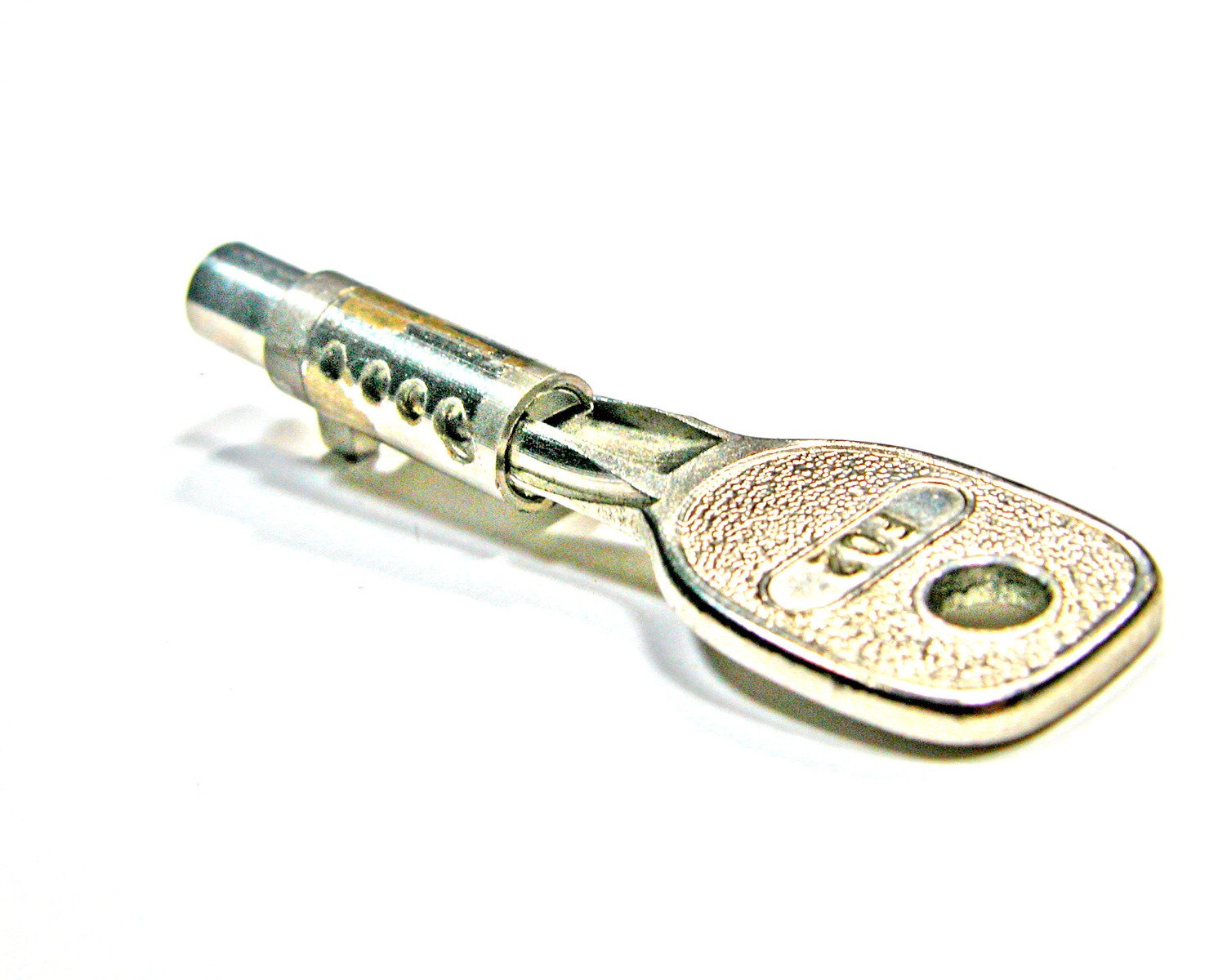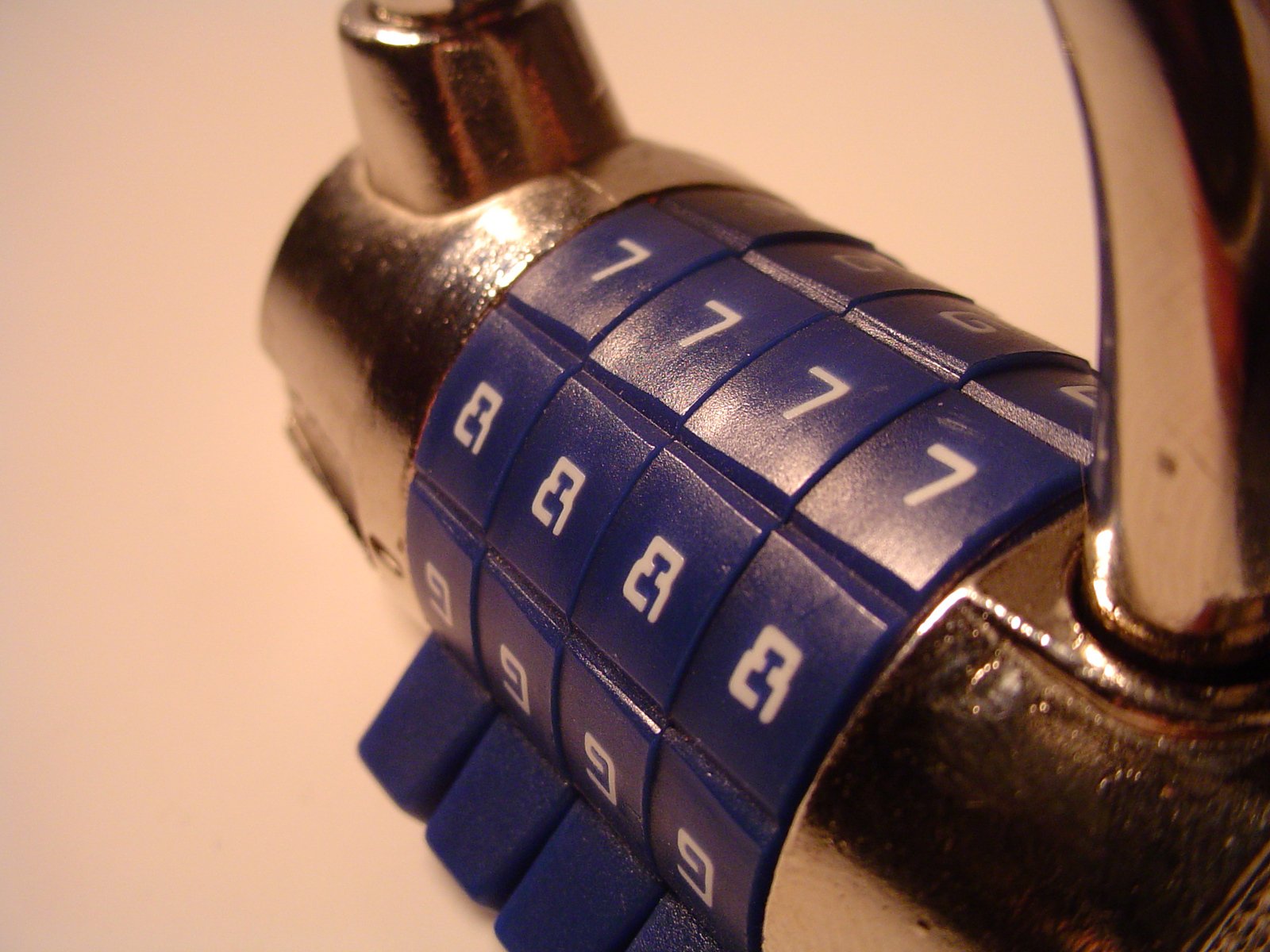

End-to-end encryption (E2EE) is something that's been in the news quite frequently. Lack of education about E2EE is being exploited. Your fundamental human rights are being violated. This article serves to educate the non-technical person about E2EE and how it affects their everyday life.
"Another important thing to note is that the sender sees the data that will be encrypted in its unencrypted form anyway. Obvious statement but important to remember."What is E2EE? E2EE is a system in which data is encrypted so that only one party can decrypt the data: the intended recipient(s).
Note that we used the word "system" in our definition for E2EE. This is done to keep the scope of this article separate from any specific E2EE software.
Another important thing to note is that the sender sees the data that will be encrypted in its unencrypted form anyway. Obvious statement but important to remember.
Next, let us note articles 12 and 19 of the Universal Declaration of Human Rights (UDHR).
 Article 12 UDHR: "No one shall be subjected to arbitrary interference with his privacy, family, home or correspondence, nor to attacks upon his honour and reputation. Everyone has the right to the protection of the law against such interference or attacks."
Article 12 UDHR: "No one shall be subjected to arbitrary interference with his privacy, family, home or correspondence, nor to attacks upon his honour and reputation. Everyone has the right to the protection of the law against such interference or attacks."
Article 19 UDHR: "Everyone has the right to freedom of opinion and expression; this right includes freedom to hold opinions without interference and to seek, receive and impart information and ideas through any media and regardless of frontiers."
We'll refer to these as A12UDHR and A19UDHR, from now on.
We've now established some fundamental definitions; we can move on to what all this means in the context of E2EE.
Let's now connect what A12UDHR and A19UDHR have to do with E2EE.
A12UDHR mentions privacy. Our data privacy is a form of privacy. Thus, according to A12UDR, every human being has a fundamental right to data privacy. The only way we can achieve data privacy is via E2EE.
"The only way we can achieve data privacy is via E2EE."A19UDHR mentions the freedom to hold opinions WITHOUT INTERFERENCE and to seek and impart INFORMATION and ideas THROUGH ANY MEDIA (we're paraphrasing here to highlight information relevant to this article). Thus, according to A19UDHR, every human being has a right to exchange INFORMATION THROUGH ANY MEDIA. End-to-end-encrypted data (E2EED) is a form of information; thus A19UDHR gives every human being a right to seek and impart E2EED over any medium they wish.
So, in summary, we've established the following as an inalienable right of every human being:
Every human being has a fundamental right to use E2EE and seek and impart E2EED over any medium they wish (Internet,
printed documents, etc.).
Now it's time to consider the technical side.
If you go back to our definition of E2EE, you will see that there are strict requirements about who can decrypt E2EED.
Many platforms (email, social control media, messaging apps, etc.) advertise E2EE. They are pretty much all not E2EE. Why? They have the keys that can decrypt your data. Go back and read the definition of E2EE again.
What are these "keys"? Good question.
Every system of E2EE is basically built on the idea of a pair of keys:
"Many platforms (email, social control media, messaging apps, etc.) advertise E2EE. They are pretty much all not E2EE."Public Key (PKEY): Just a file. A sort of identifier. PKEYs are used in E2EE to encrypt data so that only the intended recipient(s) can decrypt the encrypted data.
Secret Key (SKEY): Just a file. This is the (only) file which can be used to decrypt the encrypted data.
There exists a mathematical relationship between a PKEY and a SKEY which makes it infeasible to decrypt the encrypted data without access to the recipient's SKEY. When used correctly, E2EED is safe even from the quantum computers of today.
You can refer to the end of this article for the technical details.
"You can willingly forfeit your privacy (and many do by accepting "Terms and Conditions" of various platforms and services) but no body has a right to forcibly take away your privacy."The easiest way to decrypt E2EED is to get a hold of the recipient's SKEY or to catch the pre-encrypted data via some sort of back door in the device being used to encrypt the data. The problem is, many organisations already have your SKEY; they keep a copy for themselves, when SKEY has been generated. So, these systems don't actually satisfy our definition of E2EE.
Remember: You have a fundamental right to end-to-end encryption. You have a fundamental right to keep the secret keys used for your end-to-end encryption software private. Nobody has the right to take these secret keys away from you - no company, no government, no individual, no organisation. You can willingly forfeit your privacy (and many do by accepting "Terms and Conditions" of various platforms and services) but no body has a right to forcibly take away your privacy.
"Complain to your local government representative about the attacks on E2EE."There have been repeated attempts (and will continue to be repeated attempts) to outlaw end-to-end encryption. Governments want to spy on citizens; companies want to spy on individuals to profit off their private data; organisations want private data of individuals to make discriminatory decisions about said individuals. All of these actions have negative consequences on individuals: psychological abuse, economic discrimination, racial discrimination, political discrimination, exploitative psychological advertising (the list goes on and on).
So what can you do about this? You can raise awareness, first of all. Complain to your local government representative about the attacks on E2EE. You can educate yourself about which software gives you full control over your secret keys.
"Note that operating systems and devices have constantly had back doors installed into them."Here's a list of software you can look up which gives users control over their secret keys:
1) GnuPG and Kleopatra (GNU/Linux, BSD, OSX)
2) Gpg4win and Kleopatra (Windows)
3) OpenKeychain (Mobile)
There are many books, videos, and tutorials about the tools above. They're a good point to start with.
Note that operating systems and devices have constantly had back doors installed into them. The best way to use E2EE software is to have a separate device for performing all E2EE tasks; said device should never be connected to the Internet. This is too inconvenient for some but is worth considering for those who want added level of security.
A note on hardware security tokens: Don't believe in them. Most of them are likely to have back doors in them which allow extraction of your secret keys. Use an ordinary, general-purpose computer for all E2EE tasks; preferably one that never sees the Internet. Old laptops make great E2EE machines; just turn off the WIFI and don't plug in any Ethernet cable. Devices like the Raspberry Pi are also a good candidate for an affordable system exclusively used for E2EE. You can use these devices with an HDMI cable, keyboard+mouse, and a USB stick to move data to and from the device.
Does all your data need to be E2EED? Of course not. That would be overkill. But data that you think needs to be private should be private. So use E2EE software to protect your privacy, when you see fit. This includes pictures, videos, legal documents, files containing passwords, etc.
"Old laptops make great E2EE machines; just turn off the WIFI and don't plug in any Ethernet cable."Remember: E2EE is a system in which data is encrypted so that ONLY ONE party can decrypt the data: intended recipient(s). Any system which doesn't satisfy this definition is not E2EE; don't let governments, companies, etc. convenience you otherwise.